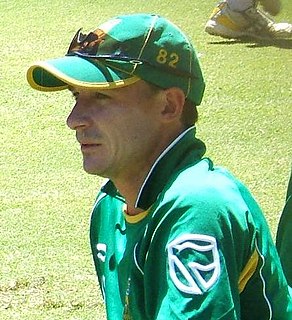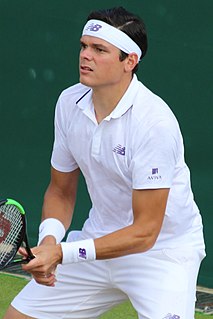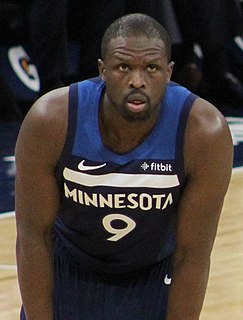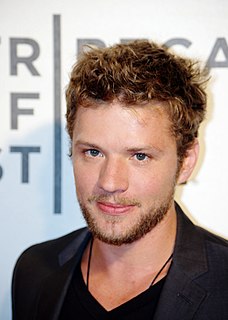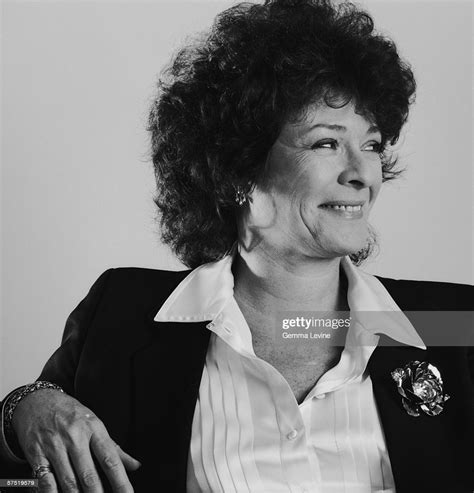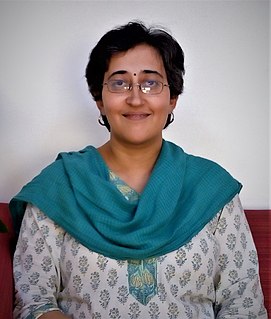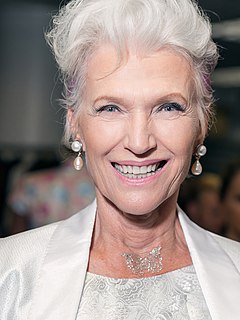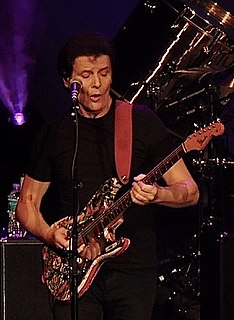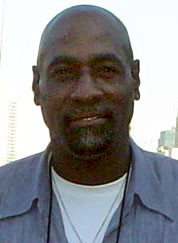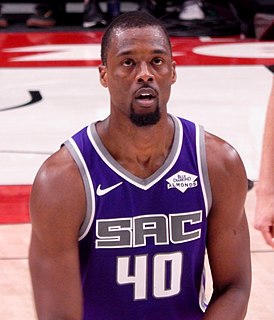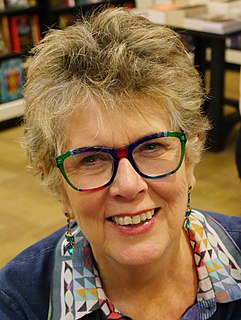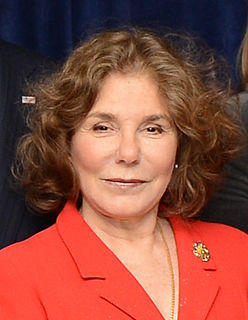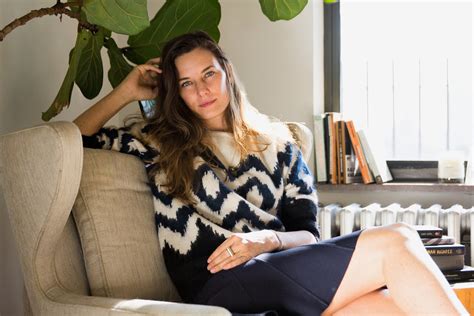Top 38 Johannesburg Quotes & Sayings
Explore popular Johannesburg quotes.
Last updated on April 14, 2025.
Why, of all places in Johannesburg, the Indian location should be chosen for dumping down all kaffirs of the town, passes my comprehension. Of course, under my suggestion, the Town Council must withdraw the Kaffirs from the Location. About this mixing of the Kaffirs with the Indians I must confess I feel most strongly. I think it is very unfair to the Indian population, and it is an undue tax on even the proverbial patience of my countrymen.
When Elon was 17 and my daughter was 15, they really wanted to move to Canada, where my family is from. I said no, because I wanted to do a Ph.D. in Johannesburg, and I was getting lots of modeling work there. But Elon and I went over to visit, and while I was gone my daughter sold my home and my car and had a big garage sale with all my furniture.
I went to South Africa - Durban, Cape Town, Johannesburg - and those were definitely the "I've arrived" shows. Outside of the money, the success, the accolades ... This is a place that we, in urban communities, never dream of. We never dream of Africa. Like, "Damn, this is the motherland." You feel it as soon as you touch down. That moment changed my whole perspective on how to convey my art.
There's no question that how Johannesburg operates is what made me interested in the idea of wealth discrepancy. 'Elysium' could be a metaphor for just Jo'burg, but it's also a metaphor for the Third World and the First World. And in science fiction, separation of wealth is a really interesting idea to mess with.
Sandy deWitt at TBWA\Hunt\Lascaris in Johannesburg, South Africa, taught me to make a decision and stick with it. Every day we're faced with reasons why we shouldn't do good work: it's too scary, too hard to pull off, there's no time, no money, etc. You have to be brave and commit to your choices in the face of adversity. If you waver, nothing will turn out the way you imagined it.
We are sort of not at the level of entertainment that the Western world is. Everything we see on the play in the screen, we read, we take serious. We take that it speaks to me. And so wonderful to see how the Johannesburg, South African audiences will say: What does it say to me? What does it make me feel? Why am I celebrating it?
The nation is sick; trouble is in the land, confusion all around...But I know, somehow, that only when it is dark enough can you see the stars. And I see God working in this period of the twentieth century. Something is happening in our world. The masses of people are rising up. And wherever they are assembled today, whether they are in Johannesburg, South Africa; Nairobi, Kenya; Accra, Ghana; New York City; Atlanta, Georgia; Jackson, Mississippi; or Memphis, Tennessee, the cry is always the same: 'We want to be free.'
Two of the last four executive editors at the New York Times were Johannesburg bureau chiefs at some point, Bill Keller and Joe Lelyveld. This is a very prestigious post and I was like I don't know 28 years old, which at the Times is very young, I had the temerity to put my hand up for that job. I don't think I slept a single night of those six weeks that I spent in Johannesburg. It was an unbelievable experience, and I think I did okay.
In a lot of the really impoverished areas of Johannesburg you see these packets of cheesy puffs which are like 6 feet long and the width of a basketball, and they're transparent and they have like 10,000 cheesy puffs in them, and you can buy that for like 50 cents. It's kind of a weird treat that you'd see people having in the townships.



